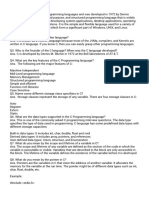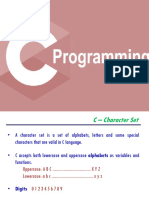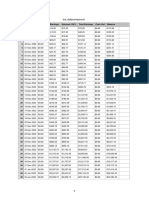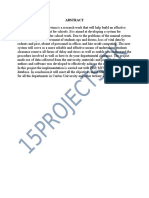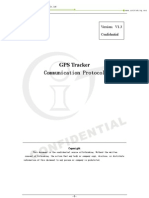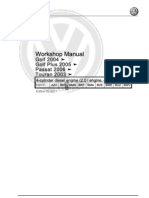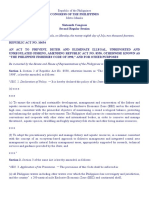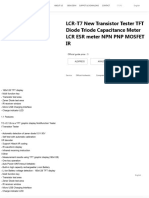0% found this document useful (0 votes)
20 views23 pagesC Language Assignment
The document contains multiple C programming questions and answers, including programs for printing patterns, swapping numbers without a third variable, and checking prime numbers. It also explains C data types, functions, recursion, operator precedence, and the differences between call by value and call by reference. Each section includes code examples and detailed explanations of concepts.
Uploaded by
lebewax890Copyright
© © All Rights Reserved
We take content rights seriously. If you suspect this is your content, claim it here.
Available Formats
Download as PDF, TXT or read online on Scribd
0% found this document useful (0 votes)
20 views23 pagesC Language Assignment
The document contains multiple C programming questions and answers, including programs for printing patterns, swapping numbers without a third variable, and checking prime numbers. It also explains C data types, functions, recursion, operator precedence, and the differences between call by value and call by reference. Each section includes code examples and detailed explanations of concepts.
Uploaded by
lebewax890Copyright
© © All Rights Reserved
We take content rights seriously. If you suspect this is your content, claim it here.
Available Formats
Download as PDF, TXT or read online on Scribd
/ 23
























